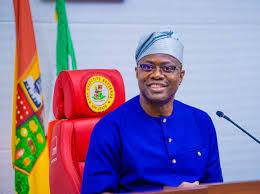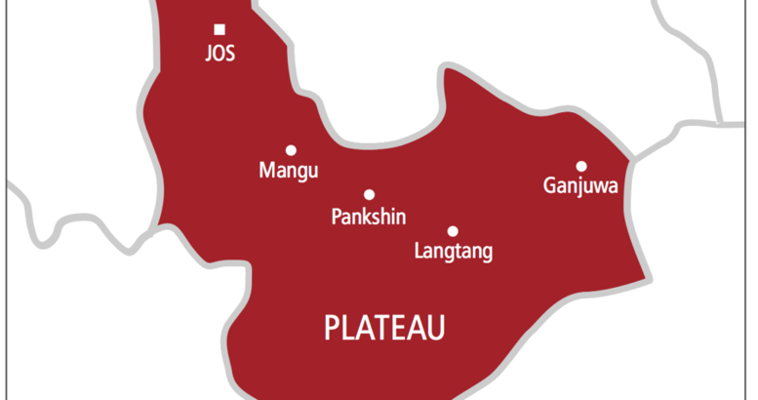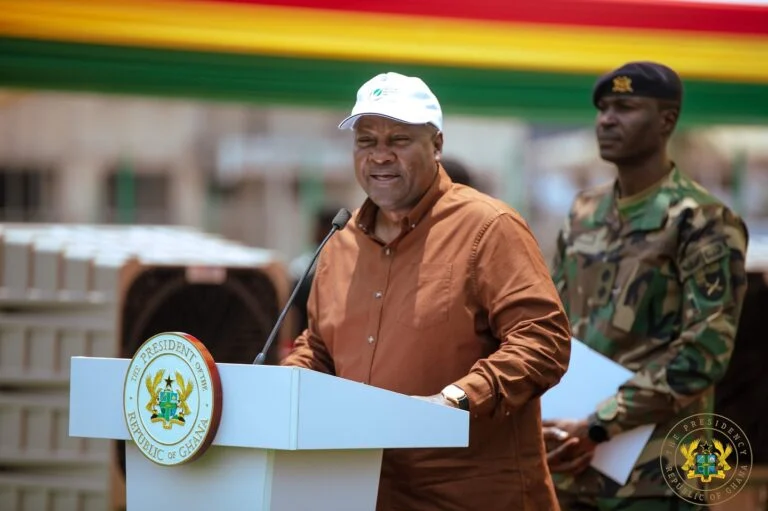Makinde Presents N892 Billion 2026 Budget, Prioritises Growth, Public Welfare

Oyo State Governor Seyi Makinde has unveiled a proposed N892 billion spending programme for the 2026 financial year, framing it as a forward-looking development roadmap intended to deepen economic expansion and strengthen social services.
The proposal was delivered to lawmakers in Ibadan, where the governor emphasized balanced growth, improved service delivery, and responsible fiscal management.
A central feature of the plan is its tilt toward capital outlay, with more than half of the budget allocated to development-oriented projects.
This includes investments in public infrastructure such as state roads, school rehabilitation, health facilities, rural electrification and expansion of water resources. By placing greater weight on physical and structural improvements, the administration signalled its commitment to long-term value rather than short-term administrative spending.
Recurrent expenditure, meanwhile, remains significant — covering essential obligations such as wage payments, pension liabilities and operating costs across ministries and departments.
Makinde stressed that even while the government pushes aggressively for infrastructure progress, it must continue meeting obligations to public servants and retirees, reinforcing the social contract between the state and its workforce.
The budget was shaped through engagement with different communities and stakeholder groups across Oyo State.
According to state officials, citizens’ contributions influenced sector priorities, guiding the administration toward targeted interventions in security, agricultural productivity, youth employment and technological modernization.
These consultations, they said, reflect the administration’s philosophy of participatory governance.
Governor Makinde also underlined accountability and transparency as core implementation principles.
He promised strict monitoring of expenditure performance and adherence to procurement rules, noting that results, rather than intentions, would ultimately define the success of the 2026 fiscal agenda.
Special attention, he added, would be devoted to ensuring that projects are completed on schedule and deliver tangible benefits.
Economic observers have described the N892 billion figure as energetic but challenging, especially in an environment shaped by inflationary pressures, fluctuating federal allocations and increased demands for social spending.
Much attention is now expected to shift to the revenue side: how the state plans to fund the budget, boost internally generated revenue, and manage potential borrowing levels.
Legislators will now examine the proposal line by line, with committee reviews and eventual legislative approval expected before year-end. Once passed, the 2026 appropriation will direct the state’s spending priorities over the next 12 months, potentially marking one of the most consequential financial frameworks of Makinde’s tenure as he continues to pursue a development-driven legacy.









